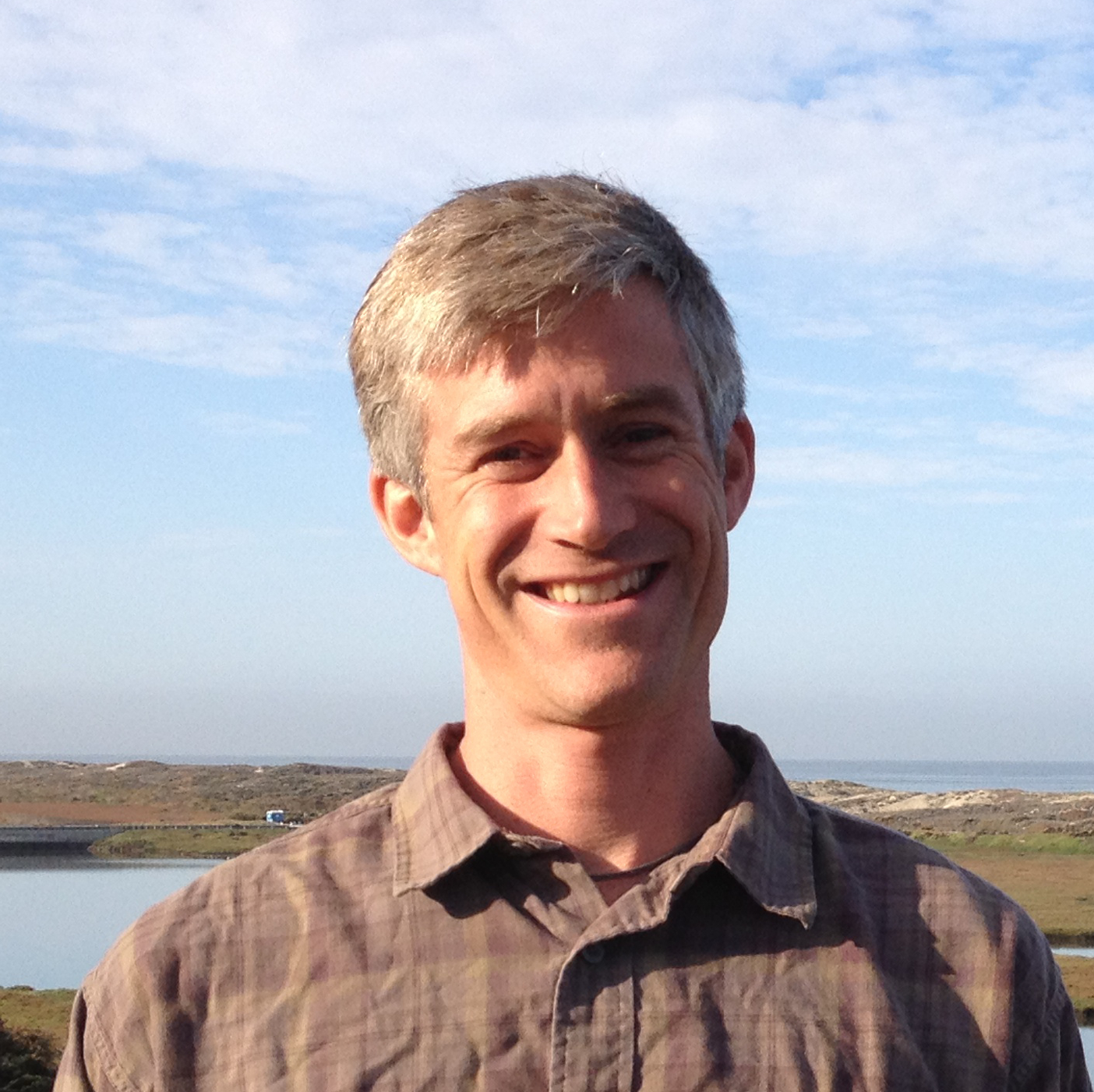
Senior Scientist
Freshwater/Stewardship
wheady@tnc.org
Walter is a Senior Scientist in The Nature Conservancy’s California Chapter, providing science to the Stewardship Program, the Climate and Nature-Based Solutions Team, and the Jack and Laura Dangermond Preserve. His work synthesizes our understanding of the ecological function and benefits to humans of nearshore marine and coastal systems in order to improve the quantity and quality of these often imperiled ecosystems. He collaborates with external partners to aggregate best science, develop novel approaches, and communicate findings to inform the conservation and recovery of imperiled species and ecosystems and better management of these resources. Walter is engaged in efforts to conserve and enhance the area of coastal habitats, restore coastal watersheds, and recover imperiled species including black abalone, sunflower sea stars, and steelhead.
Walter earned his Bachelor’s degree in Biology and Ph.D. in Ecology and Evolutionary Biology from the University of California, Santa Cruz.
What Walter is working on now:
Currently, Walter provides science support for stewardship of and research in TNC’s management of headwater, coastal river, and wetland systems. He works with his team and partners across this portfolio to advance conservation science and management within and beyond preserve boundaries. He is collaborating with the recovery team and partners to translocate black abalone for population recovery purposes. Dr Heady is collaborating on watershed restoration and population recovery of steelhead within the Jalama Creek watershed in the Dangermond Preserve. Walter also works to increase the pace and scale of coastal wetland conservation and restoration to maintain and enhance these critical ecosystems in the face of sea level rise.
S. L. Hamilton, V. R. Saccomanno, W. N. Heady, A. L. Gehman, S. I. Lonhart, R. Beas-Luna, F. T. Francis, L. Lee, L. Rogers-Bennett, A. K. Salomon and S. A. Gravem
The sunflower sea star (Pycnopodia helianthoides) is an important mesopredator in kelp forest ecosystems that was devastated by the outbreak of sea star wasting disease (SSWD). This study quantifies…Charlotte Stanley, Alyssa Mann, Walter Heady
The United States operates thousands of military installations in the U.S. and worldwide, worth about $1.2 trillion. These facilities are where personnel train and test weaponry, with…Walter Heady, Alyssa Mann, Stacey Solie, Bob Battalio, James Jackson, Kendall Lousen, and Bob Barnes
The U.S. Congress and the Department of Defense (DoD) have determined that climate change is a threat to national security and have required military installations to develop plans to improve the…Alyssa Mann, Walter Heady, Charlotte Stanley
TNC and the United States Navy partnered together to prepare for the impacts of climate change on Naval Base Ventura County (NBVC), Point Mugu in California. NBVC is a critical and strategic asset of…Alyssa Mann, Walter Heady, Charlotte Stanley
Mary G. Gleason, Jennifer E. Caselle, Walter N. Heady, Vienna R. Saccomanno, Julie Zimmerman, Tristin Anoush McHugh, Norah Eddy
Global kelp forests are biodiverse and productive nearshore ecosystems that provide a wide range of ecosystem services, but they are at risk from both local stressors and global drivers of kelp loss.…Butterfield, H.S., M. Reynolds , M.G. Gleason, M. Merrifield, B.S. Cohen, W.N. Heady, D. Cameron, T. Rick, E. Inlander, M. Katkowski, L. Riege, J. Knapp, S. Gennet, G. Gorga, K. Lin, K. Easterday, B. Leahy, M. Bell
This Plan frames the biological and cultural significance and provides the short- and long-term goals, objectives, and priority actions for the Jack and Laura Dangermond Preserve.Laura S. Brophy, Correigh M. Greene, Van C. Hare, Brett Holycross, Andy Lanier, Walter N. Heady, Kevin O’Connor, Hiroo Imaki, Tanya Haddad, Randy Dana
The authors of this study generated new maps of current and historical tidal wetlands in 450 estuaries throughout Washington, Oregon, and California. Using laser-mapping technology known as LIDAR…Walter N. Heady, Brian S. Cohen, Mary G. Gleason, Joshua N. Morris, Sarah G. Newkirk, Kirk R. Klausmeyer, Hilary R. Walecka, Elizabeth Gagneron
Sea level rise presents a new challenge to coastal conservation. The authors quantified and mapped the vulnerability of habitats, imperiled species, and conservation lands to sea level rise throughout…Szeptycki, L., E. Hartge, N. Ajami, A. Erickson, W. N. Heady, L. LaFeir, B. Meister, L. Verdone, J.R. Koseff
The drought in California rekindled interest in ocean desalination as a new and reliable water supply option; yet desalination is expensive, energy intensive, potentially emits greenhouse gases,…Walter Heady, Ross P. Clark, Kevin O’Connor, Cara Clark, Charles Endris, Sierra Ryan, Sara Stoner-Duncan
Connecting marine, freshwater and terrestrial ecosystems, bar-built estuaries are complex and dynamic coastal confluences that provide a great diversity of habitat and ecosystem services. The wetland…Walter N. Heady, Kevin O'Connor, Jennifer Kassakian , Kate Doiron, Charles Endris, Daniel Hudgens, Ross P. Clark , Jena Carter , Mary G. Gleason
Estuaries are some of the most productive ecosystems on the planet. This inventory classifies more than 600 coastal confluences on the West Coast of the United States. Each estuary was classified…Brent B. Hughes, Matthew D. Levey, Jennifer A. Brown, Monique C. Fountain, Aaron B. Carlisle, Steven Y. Litvin, Correigh M. Greene, Walter N. Heady, Mary G. Gleason
Estuaries support significant biodiversity and important ecosystem functions such as providing rearing habitat for juvenile fish and invertebrates. This report synthesizes the scientific…